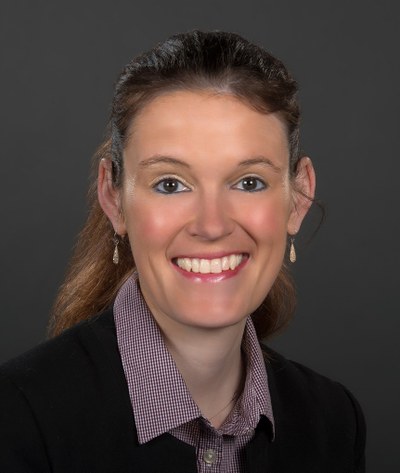Dr. Lea Herges

|
GGL member from 2011 to 2014 Federal Office of Consumer Protection and Food Safety (BVL), Germany
Portrait from April 02, 2019 |
|---|
When did you become member of the GGL?
I have been a member of the GGL from 2011 to 2014.
What section did you belong to during your time at GGL?
I belonged to section 2 Infection and Immunity.
Where do you work and what is your position?
Currently, I am working at the Federal Office of Consumer Protection and Food Safety (BVL), an authority within the portfolio of the Federal Ministry of Food and Agriculture (BMEL). The application was made in response to a call for applications on the BVL website.
What do you do on a typical working day?
I am responsible for the organisation of crisis exercises at the national and international level such as recently the Joint Initiative Food Emergency Exercise (JIFEE). As a scientific officer in the department ‘Food Safety’, unit 'Crisis management, food fraud' I support the BMEL with crisis management and operate at the internal situation centre.
What was your field of research during your doctoral studies? Are you still working on that?
As a scientific researcher, I worked at the Institute for Medical Microbiology in Giessen and graduated with a doctorate in human biology. I researched potentially new anti-infectives and investigated anthocyanins and insect peptides for their effect against multi-resistant pathogenic bacteria. Even though I am not currently involved in laboratory work, I still use the background knowledge in the field of microbiology for the development of scenarios for crisis exercises.
When you think back to the different elements of the GGL program, what part was specifically important for you?
With regards to the complete GGL program, I received a lot of value from my experience doing lab rotations which allowed me to get to know new techniques. In general, the ability to have a broader view and to get an intercultural understanding was really beneficial for my future work on an international level as head of the EFSA Focal Point (contact point to the European Food Safety Authority) at the German Federal Institute for Risk Assessment (BfR).
Did the GGL’s program prepare you well for your subsequent career challenges?
Yes, besides the scientific experience, the GGL program offers a lot of interdisciplinary seminars e.g. in developing soft skills.
What piece of advice would you like to give to our new members?
Be courageous, be cooperative, open-minded and persistent.
Would you recommend the GGL for young students, who consider obtaining a doctorate in life sciences?
Yes, GGL helps you to build up a broad network beyond your own specialised research topic. You come in contact with lots of interesting people, you will learn that others struggle with similar challenges and you may find solutions together. Even if you think in some moments that the GGL courses are time consuming and keeps you from your research, I would advise you not to miss this great opportunity of being part of this community and to invest this time in your personal development. You will profit from these experiences at a later step in your career.
